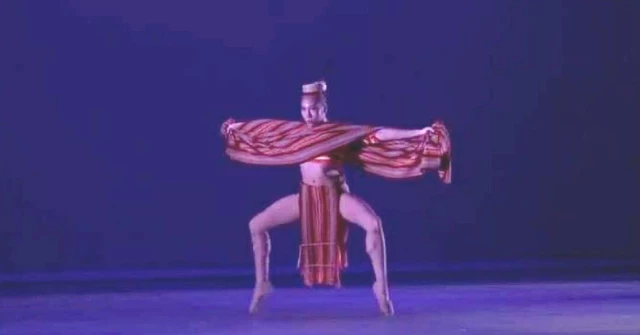
BAGUIO CITY: The Cordillera office of the National Commission on Indigenous Peoples (NCIP-CAR) has strongly condemned the Metropolitan Theater, or more popularly the Met, for presenting women dancers in G-string, the traditional "bahag" worn only by Igorot men.
Not only did the dance number make fun of and ridiculed traditional attire and highland culture, the commision said, but it also was an inaccurate portrayal of Igorot women who have never worn or been made to wear the bahag.
During an online presentation that was part of the celebration of the 50th anniversary of "Order ng mga Pambansang Alagad ng Sining" or the Order of National Artists, the theater group Alice Reyes Dance Philippines allegedly featured choreographies of National Artist for Dance Alice Reyes and Agnes Locsin.
In a number entitled "Igorot," the dancers portraying indigenous peoples performing their traditional dances wore G-strings.
The dance number earned the ire of the Cordillera Indigenous Peoples, who are collectively identified as Igorots or people from the mountains, who said their culture was bastardized when they saw that the women on stage sported the bahag.
They pointed out that the G-string is worn only by Igorot men while the women wear the "tapis," a wrap-around skirt.
According to them, the dance company should have first conducted a thorough research on the history of the bahag and consulted indigenous communities on how the traditional attire is actually used and who uses it.
The NCIP-CAR regional director, lawyer Atanacio Addog, said the commission will be formally writing to the Metropolitan Theater, the National Commission on Culture and the Arts (NCCA) and choreographer Locsin to demand an explanation on why they allowed the women dancers to wear G-strings.
He also pointed out that what the NCCA and Locsin did was a gross misrepresentation of the Indigenous Peoples of the Cordillera, especially the women.
Addog said heavy penalties should be imposed on individuals, personalities and groups or organizations that showcase the Indigenous Peoples the wrong way and that the practice must be stopped. (Dexter A. See)
















